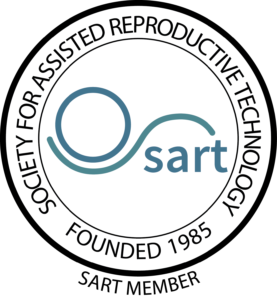An HSG, or hysterosalpingogram, is a common female fertility evaluation
The doctors at our Tennessee fertility clinic commonly recommend an HSG, or hysterosalpingogram, for female patients. This is a nonsurgical fertility evaluation that can identify blockages in the fallopian tubes and possible uterine abnormalities, such as adhesions, polyps and fibroids. This in-depth examination of the reproductive system helps our doctors make informed suggestions for a patient’s treatment.
Understanding who an HSG can benefit
If a fertility specialist at our Tennessee fertility clinic cannot diagnose the cause of a woman’s fertility challenges after bloodwork, a pelvic exam and a transvaginal ultrasound, he or she might recommend an HSG. This type of fertility evaluation can be especially beneficial for patients with unexplained infertility or who have multiple miscarriages. In some cases, women need additional testing, such as a surgical evaluation of infertility, after a hysterosalpingogram.
What can you expect from a hysterosalpingogram?
When a doctor at our Tennessee fertility clinic suspects a woman has fertility issues that they can’t properly assess with an ultrasound, they’ll likely recommend an HSG. We typically schedule the test to take place between days five and 11 of a woman’s menstrual cycle.
During the evaluation, the woman gets into the same position that she would for a pelvic exam. From there, the doctor places a speculum in the patient’s vagina before guiding a catheter through the cervix and into the uterus.
Next, the doctor injects a radio-opaque dye, which is detectable by X-ray, through the catheter. It then enters the uterus and fallopian tubes. If there is no blockage in the tubes, the dye moves freely through them. An X-ray machine captures images as the dye passes through the body.
The doctor uses the images to determine the shape and structure of the uterus, openness of the fallopian tubes and if there is any scarring.
Many women take an over-the-counter pain medication before the procedure to minimize the mild cramping that sometimes accompanies this procedure. The discomfort is typically so minimal that women can resume normal activity after the procedure.
By using this helpful fertility evaluation, our doctors can better determine why a woman is having trouble conceiving. They can then decide which treatments can help her overcome the problem and build her family. Contact us for more information about our fertility services.






